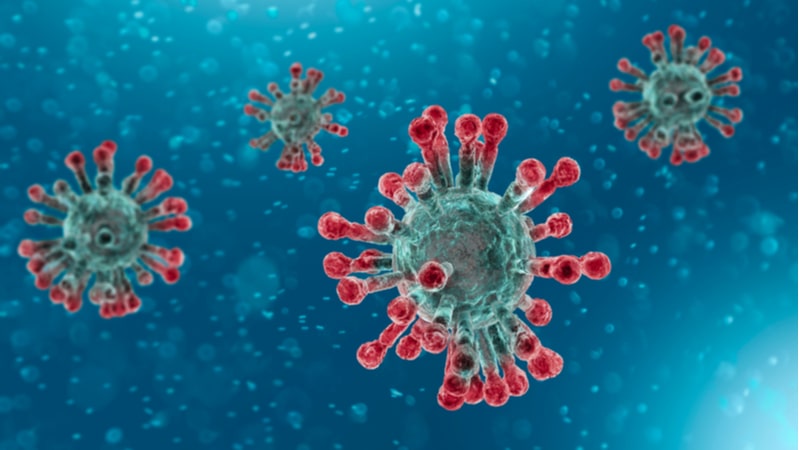
The Federal government and other entities are adjusting to and planning for the impact of the COVID-19 coronavirus. Here’s a quick look at some of the top developments of interest to the Federal IT community:
DHS Undertakes COVID-19 Mitigation Research
The Department of Homeland Security (DHS) Science and Technology Directorate (S&T) announced March 25 that it is conducting ongoing research intended to help scientists better understand COVID-19 and methods to prevent its spread. The research will be conducted at the National Biodefense Analysis and Countermeasures Center (NBACC) laboratory in partnership with the DHS Countering Weapons of Mass Destruction Office. The research is specifically looking into how a range of conditions, including temperature and humidity, impact the virus’ ability to spread in the air, respiratory fluids, and on different types of surfaces. NBACC will be tasked with reporting findings to DHS and other relevant agencies.
“This [research] will help us understand many of the factors that influence the persistence of the virus on surfaces or in the air, and what methods are most effective for disinfecting potentially contaminated surfaces,” said William Bryan, DHS senior official performing the duties of the under secretary for Science and Technology.
Pentagon Reports First Confirmed COVID-19 Case
In its first case of COVID-19 coronavirus, the Pentagon reported that a U.S. Marine stationed at its base tested positive for the virus on March 24. After a member of the Marine’s immediate family first showed symptoms of the disease, the Pentagon employee isolated himself in accordance with Centers for Disease Control and Prevention guidelines. The employee hasn’t visited Pentagon facilities since March 13, but his workspace was thoroughly cleaned by a Pentagon response team and a contact investigation is underway to “mitigate risk and preserve the health of the workforce at the Pentagon.”
FCC Postpones Spectrum Auction, Crucial for 5G Deployment
The Federal Communications Commission delayed the start of bidding for the Priority Access Licenses in 3.5 GHz spectrum band from June 25 to July 23, 2020, due to the pandemic. FCC Commissioner Michael O’Rielly called these critical mid-band licenses for 5G and other next-generation wireless services, in a February blog post. “We remain committed to holding the 3.5 GHz auction this summer,” said FCC Chairman Ajit Pai, “and look forward to beginning this important mid-band auction in July.”
Commerce Extends Public Comment Period for Huawei Waiver Extension
The Department of Commerce announced March 25 that it was extending the public comment period on Huawei Temporary General License Extensions, likely due to business disruptions because of the COVID-19 coronavirus pandemic. The Bureau of Industry and Security is looking for input regarding the ongoing need for, and scope of, possible future extensions of the Temporary General License (TGL) for Huawei Technologies and its non-U.S. affiliates. The Department is considering the future of temporary waivers that would allow U.S. companies to do limited business with Huawei, which has been sanctioned by the Federal government. Comments are due by May 15, 2020.
Increase in COVID-19 Related Spear-Phishing Attacks
In a report released today, Barracuda found that there has been a 677 percent spike in COVID-19 related spearphishing attacks since the end of February. Barracuda said that while there has been a steady increase in spearphishing attacks since January there was a dramatic spike between February and March. Between March 1 and March 23, Barracuda Sentinel detected 467,825 spear-phishing email attacks, and 9,116 of those were COVID-19 related, representing about 2 percent of attacks. In comparison, 1,188 coronavirus-related spear-phishing attacks were detected in February, and just 137 were detected in January. The report noted that cybercriminals were using scams that were purporting to sell coronavirus cures or face masks or asking for investments in fake companies that claimed to be developing vaccines. Additionally, there were numerous scams asking victims to donate to fake charities. “Although the overall number of these attacks is still low compared to other threats, the threat is growing quickly,” Barracuda concluded.
